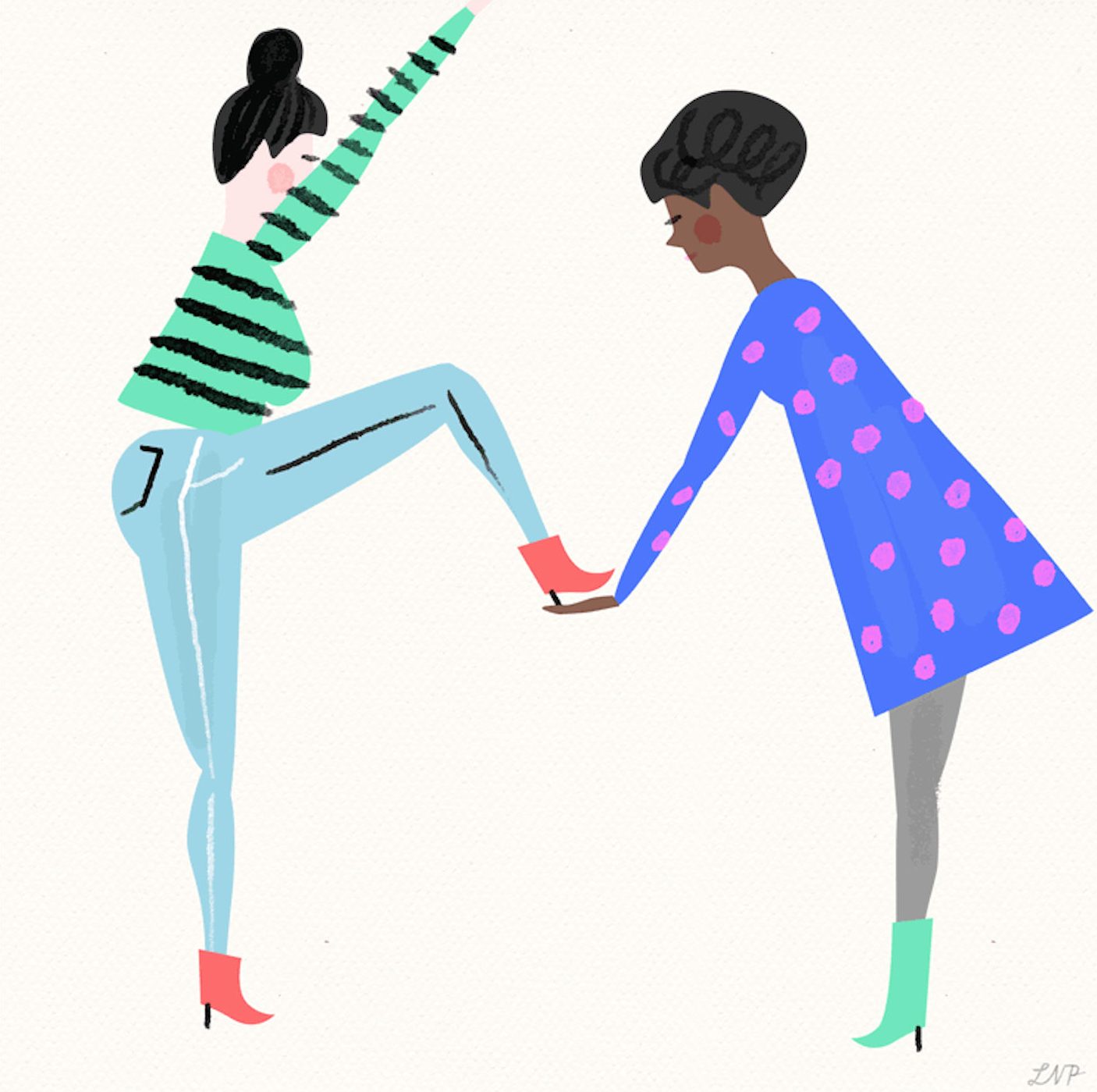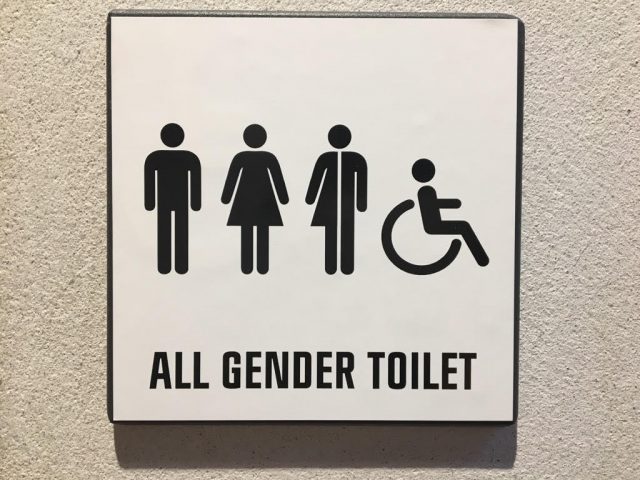Boss women make other women become bosses

It is not great coworkers, supporting parents, or an inspirational spouse that make more women become entrepreneurs. It is the bosses. And especially if they are women, shows new research from the Department of Innovation and Organizational Economics at CBS. The result can, according to the authors of the research paper, also be broadened to other business sectors.
Women are underrepresented within entrepreneurship. For the third year in a row, the percentage of women starting their own business is less than 30, concludes the Danish Business Authority in a statement.
A reason for that might be the lack of female role models within the field, points out Vera Rocha, Assistant Professor at the Department of Innovation and Organizational Economics at CBS. In a new research paper, which she is the co-author of, she shows that female employees in start-ups are more likely to become entrepreneurs themselves if they have a female boss.
“Previous research has focused on the role of the parents, coworkers, or one’s spouse in terms of becoming an entrepreneur, but our research shows that the boss seems to have a stronger influence than the above mentioned. Especially for women,” says Vera Rocha.
Furthermore, Vera Rocha found that if the employee and the boss have more things in common, such as age, motherhood, and education, then the influence is stronger, and the results can count for other sectors where women are a minority.

Queen bees or sister solidarity?
Back in 2015, Vera Rocha and Mirjam van Praag, a professor in entrepreneurship who recently left CBS to become the President of the Vrije Universiteit in Amsterdam, came up with an idea to focus on the role of the bosses.
To do so, they got access to register data from Denmark Statistic and looked at the job history of almost 90,000 employees, divided equally between men and women, who have joined a startup (founded by a male or a female entrepreneur) at some point in their career. Vera Rocha especially looked into these employees’ career choice after their time at a start-up.

In total, about two to three percent in the sample tried their luck in entrepreneurship afterwards, though the prospensity to try out this career path was lower among women. However, it was obvious that the female employees from start-ups that were, to a larger extent, founded by women would try starting up their own company afterwards.
By activating more people and having more diversity, you tap into a greater potential for creating growth
Vera Rocha, Assistant Professor
But there could be several explanations for the results.
Vera Rocha explains that the reason why women would leave a start-up to start their own, could have something to do with the boss being a queen bee.
“A queen bee is a female boss who wants to keep her position and make life harder for female employees in lower ranks. Could be that women with the same abilities would get paid less with a female boss, but that was not the case,” says Vera Rocha and continues:
“And it makes good sense that a start-up or smaller firm wouldn’t have a queen bee-boss, as they are highly dependent on their colleagues, and it’s a tiring process to hire new employees. So, a more plausible explanation for our results is that it has something to do with being a role model.”
Entrepreneurship is about risk and failure
And the role models are needed within the field of entrepreneurship, as women in general are less likely to become entrepreneurs, explains Vera Rocha.
Within academia there are two main explanations for why some people become entrepreneurs. It has either something to with the disposition, the context or the two combined.
The disposition has something to do with the person’s behavior, and especially in terms of taking risks and competitiveness, whereas the context is about the people and the settings you are surround by.
There seems to be a bias among investors who doubt the female entrepreneurs more than their male counterpart.
Vera Rocha, Assistant Professor
“In terms of disposition, women are less likely to take risks, and want to avoid failure to a larger extent than men, and because historically only few women establish their own start-up, women are not surrounded by entrepreneurs in the same way as men,” says Vera Rocha.
And then there’s another thing.
Because when the women have decided that they want to be entrepreneurs, they face a tougher time getting funding for their businesses.
“There seem to be a bias among investors who doubt the female entrepreneurs more than their male counterpart. Other research in the field has found that investors tend to ask male entrepreneurs promotion-focused questions, and female entrepreneurs prevention-focused questions, which hinders women’s ability to raise capital. For women, this means that they have a harder time recruiting the best employees and getting a good start,” says Vera Rocha.
Closing the gender gap
This research paper is specifically focusing on entrepreneurs, however, Vera Rocha thinks that the result could count for other business sectors where women are underrepresented. Like academia.
“In academia, we have fewer women in full professorships, and we hardly have any female presidents at the universities. Here, I think Mirjam van Praag is a good example of a woman who is breaking the stereotype by becoming the president of the Vrije Universiteit in Amsterdam,” she says.
But why is it important to have more women in entrepreneurship in the first place?
“Many believe that entrepreneurship drives economic growth by creating new firms, through innovation and jobs. Every large and successful company started out as a small and young firm at some point before going big. And by activating more people and having more diversity, you tap into greater potential for creating growth,” she says.
The next step for Vera Rocha would be to investigate what exactly the female employees learn by having a female boss. What exactly is it that the female bosses give their employees so that they decide to become entrepreneurs themselves? However, these kinds of results can’t be found through register data, so Vera Rocha will need to conduct interviews with bosses and employees to get the answers to those questions.
In the meantime, she hopes that her research and the overall debates about the gender gap in the workforce will push changes.
“Of course, it can’t be changed overnight. But this research confirms recent debates about the gender gap and the importance of role models, and that strong, influential role models are not only to be found in the family,” she says.





































































































































Comments